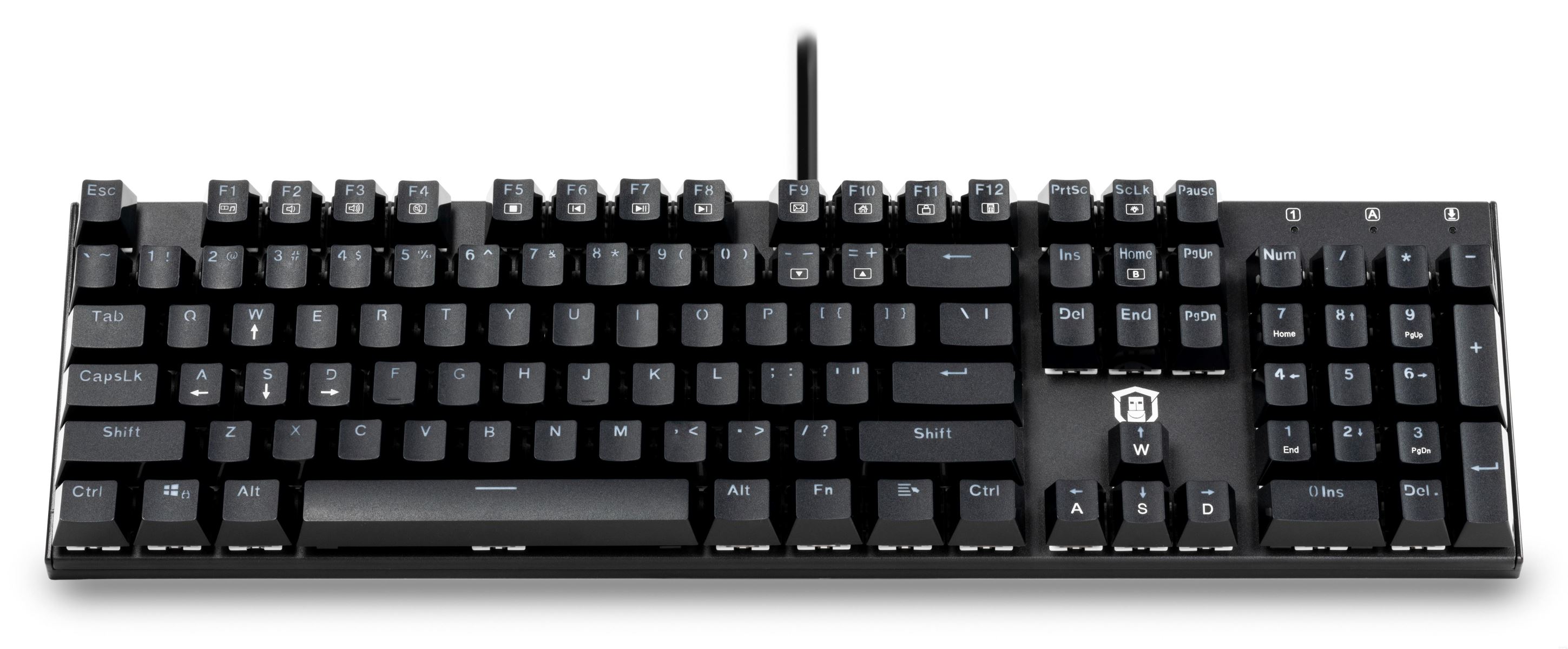A collaboration between the University of Washington, the Chan-Zuckerberg Institute, and the Allen Institute is set to revolutionize biology with the development of “DNA typewriters.” This ambitious endeavor, known as the Seattle Hub for Synthetic Biology, aims to leverage self-monitoring cells to gain deeper insights into biological processes.
Key Takeaway
A collaboration between the University of Washington, the Chan-Zuckerberg Institute, and the Allen Institute has formed the Seattle Hub for Synthetic Biology. With a $75 million investment, the hub aims to develop “DNA typewriter” technology, enabling self-monitoring cells and unlocking valuable insights into biological processes. The initiative combines academic curiosity with a commercial development mindset and seeks to leverage DNA as a storage medium for information, allowing researchers to track cellular activity over time.
New Funding and Collaborative Effort
The Seattle Hub for Synthetic Biology has secured $75 million in funding, ensuring its operations for the next five years. The hub brings together the expertise of the University of Washington, the Chan-Zuckerberg Institute, and the Allen Institute, fostering a unique model of collaboration. The research pursuits of this joint initiative combine disinterested academic exploration with a commercial development focus.
Unveiling the “DNA Typewriter”
At the heart of this project lies the concept of a “DNA typewriter”—a novel technology that allows cells to self-monitor their own activity. By utilizing DNA and its microbiological architecture as a storage medium for information, researchers hope to unlock a wealth of knowledge about cellular processes over time. This revolutionary approach overcomes limitations associated with current methods, such as invasive microelectrode techniques.
Unleashing the Potential of DNA and Genomic Data
“The genome is essentially a digital entity, with A, G, T, C instead of 1 and 0. That’s useful in that we can write to it in a matter very analogous to a typewriter, and we can leverage this in principle to record information over time,” explains Jay Shendure, the scientific lead for the project. While this technology is still in its early stages, initial results have shown promise.
Next Steps and Medium-Term Goals
Although the development of the DNA typewriter technology requires additional research and engineering, the Seattle Hub for Synthetic Biology envisions medium-term goals, such as the creation of “recorder cells” and “recorder mice.” These biological systems with self-recording capabilities will provide valuable insights into cellular activities, facilitating advancements in protein design and system-level understanding. Additionally, artificial intelligence (AI) tools will play a crucial role in the analysis and interpretation of the vast amount of data generated by these systems.
Openness and Collaboration
The Seattle Hub for Synthetic Biology is committed to openness and sharing its findings with the scientific community, thereby fostering progress in labs worldwide. While the ultimate goal is to make groundbreaking discoveries, the initiative acknowledges the potential for creating value along the way.

























